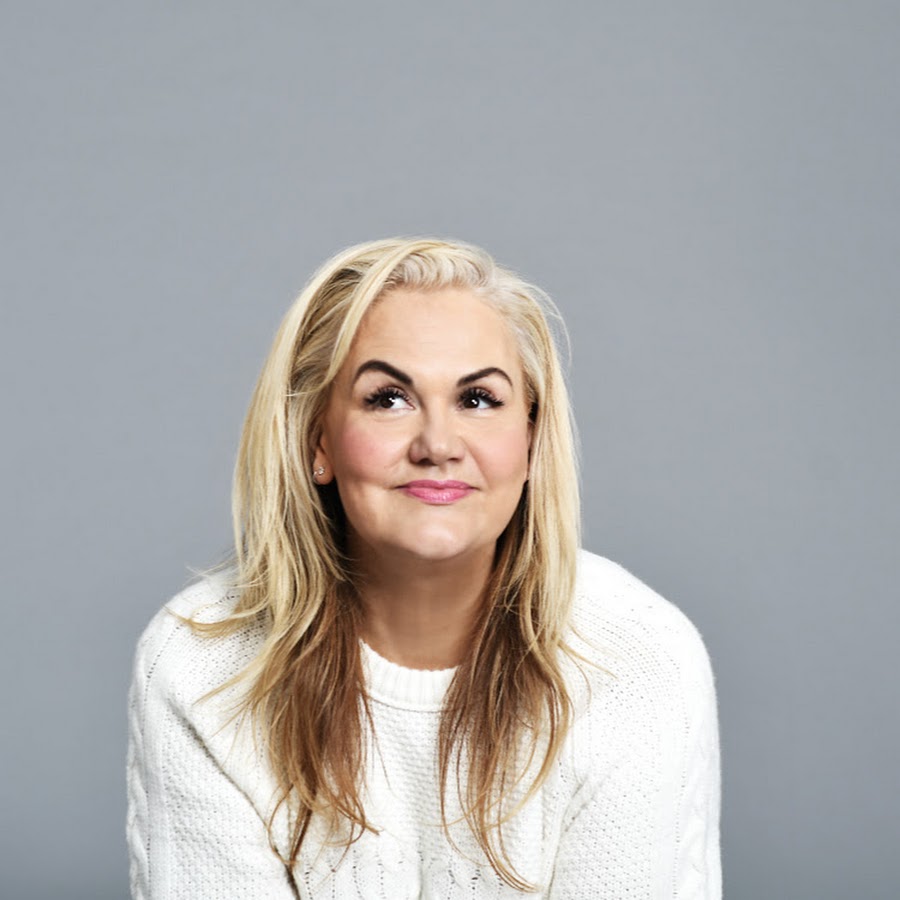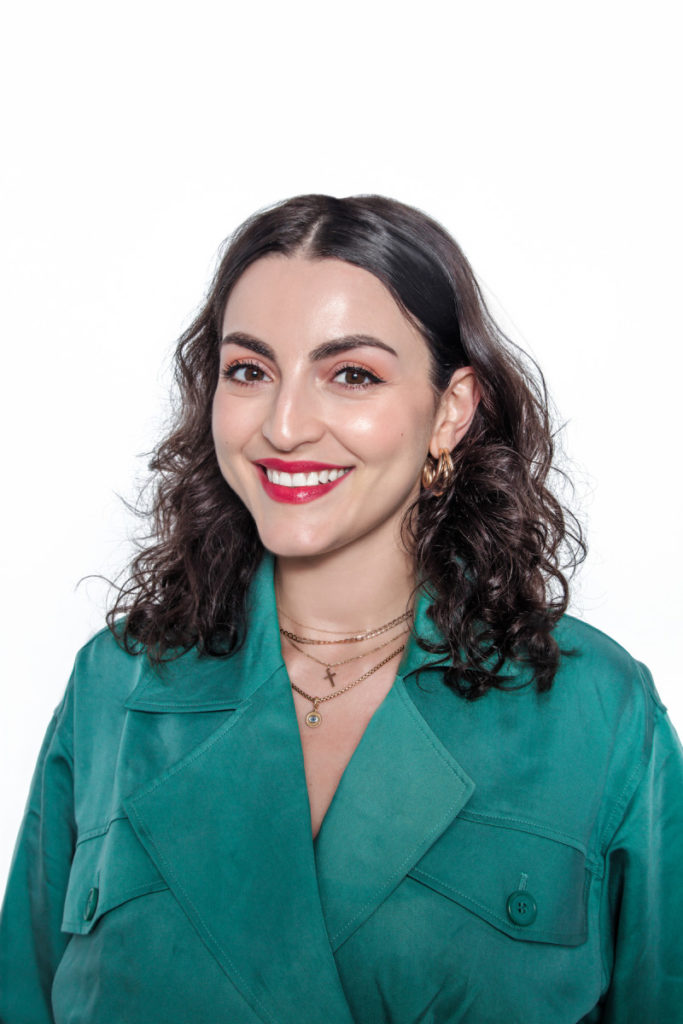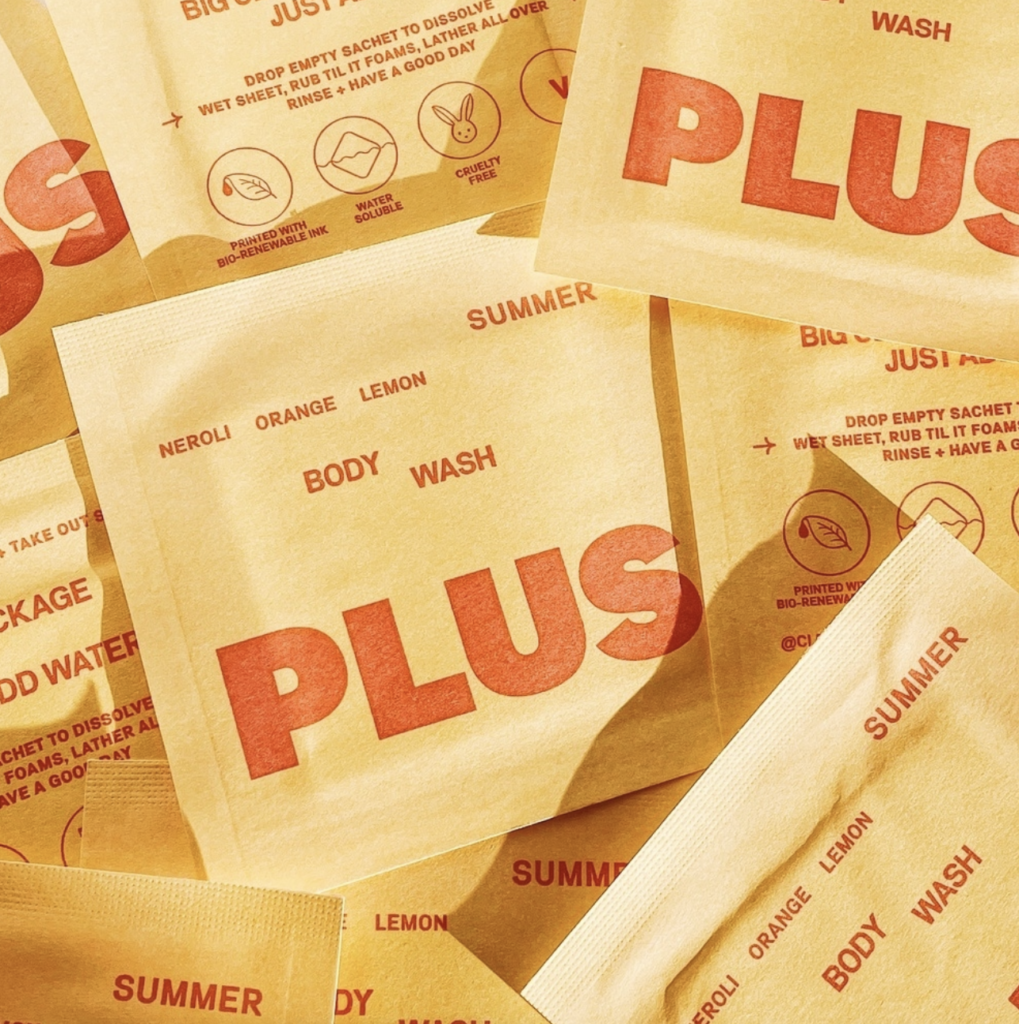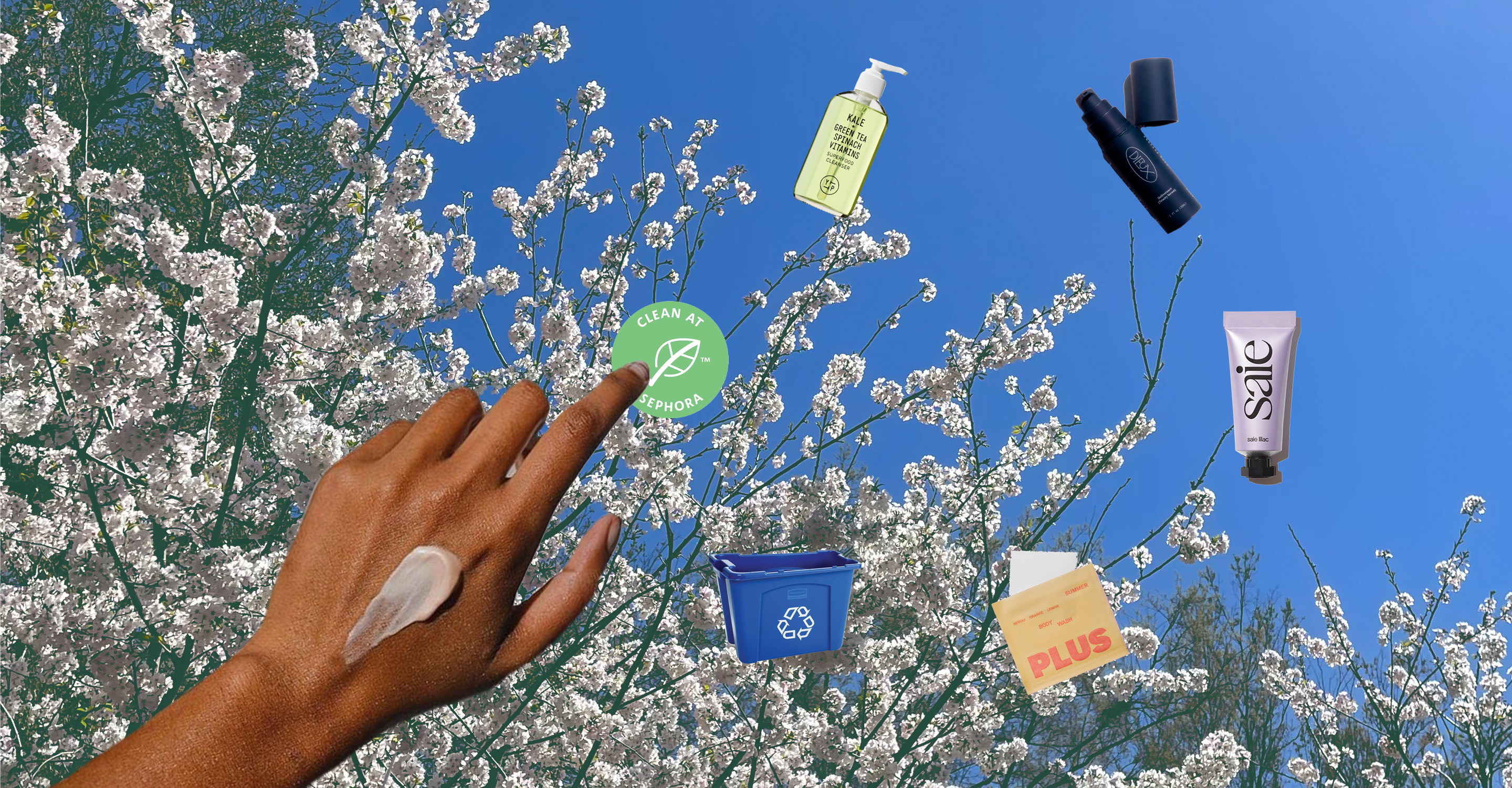Refillable compacts. Waterless face wash. Condensed beauty. Non-toxic skincare.
These are just a few of the buzzwords that have taken the beauty industry by storm, as consumers become more educated about the serums and moisturizers they slather on daily. Forget about the scent of that new Vitamin C serum, shoppers now want to know where the active ingredients were sourced from, what filler ingredients and stabilizers are pumped into the formula and how much post-consumer recycled plastic went into the packaging.
This shift to sustainable beauty has also become a major marketing hook for companies big and small, as they attempt to break through the noise to speak to their Gen-Z and millennial customer base who prefer to shop with brands that have a conscience. Or at least boast a marketing message that has one. Because social media users are doing more than just posting selfies or showing off their latest eyeshadow creation; they’ve begun holding their favorite brands accountable, one post at a time.
It explains why outspoken figures such as Caroline Hirons and Charlotte Palermino have emerged as trusted skincare truthers on Instagram. Hirons, a former aesthetician turned powerful industry expert (and founder of Skin Rocks, a beauty company built on consumer education) is constantly myth-busting on her page and is unapologetically outspoken. Her followers really trust her when she says retinol is just fine to take while breastfeeding and when she goes after Sephora’s clean beauty badge in an Instagram highlight, picking apart the mega retailer’s claims that this edit contains “no parabens, sulfates, SLS and SLES, phthalates or mineral oils.” As Hirons notes, Sephora sells tons of products that do include those so-called dirty ingredients—because there’s nothing actually unsafe about them—but it panders to a consumer that wants to do well or stay away from anything that might be “toxic.”


Palermino, the founder of Dieux skincare, uses her social media soapbox to explain that when most brands claim to create products that are “chemical-free,” they’re actually pandering to chemophobia. That is, an irrational fear of chemicals. She points this out in Reels and TikToks, explaining how the fruits we eat on the regular, like peaches and bananas, contain chemicals and regularly reminding her follower that it’s illegal to launch an “unsafe” or “toxic” beauty product, as all ingredients they have to be approved by the FDA before hitting store shelves.
And, naturally, the comments on both Hirons’ and Parlermino’s pages are ripe with spicy quips and arguments. But to balance out all the vitriol, there are plenty of other followers who applaud their transparent stances and their unwavering habit of calling out the potential harm from the clean beauty trends seen on the web. At the end of the day, these commenters are likely the ones holding brands accountable—the ones who are empowered enough to request some transparency behind otherwise flimsy sustainable claims.

That’s not to say that there aren’t some incredible advances happening in the green beauty space. Take Plus, for example. The body wash brand delivers suds in the form of a soap sheet enclosed in packaging that can be dissolved under the stream of your shower. Naturally, that process is fodder for Instagram and TikTok, creating both an opportunity to snap a pic of your cool new product and shout out its ethical upside in one quick go.
While dissolvable packaging is a unique and clever way to go about a lesser-waste lifestyle (Plus even rolled out a limited edition run of dissolvable wrapping paper, further proving how this category has massive potential) some of the other products feel less so. Calling a regular bar of soap “waterless” is just plain old marketing; it repositions an existing product in the market to seem more desirable to what customers are seeking out. And sometimes even discerning shoppers can be duped by these concepts that are concocted in a boardroom (and likely a Zoom one, at that).
Which explains why brands that are making waves in the industry with their eco-friendly practices are no longer relying on traditional social media marketing. Quite a few have moved away from solely partnering with traditional beauty influencers, instead opting to work with health and wellness influencers or even those that fall outside of the beauty space, like eco-chic chef Sophia Roe working with Aveda and Saie Beauty founder Laney Crowell going live on her brand’s IG to chat with Rachael Miller, the founder of Rozalia Project to discuss the importance of cleaning up our oceans. It’s as if these brands are saying ‘you don’t need to be a beauty insider to understand how to use our products, look good in them and share the message that they’re a smarter choice for our planet.’ They’re changing the conversation between their customers, directly reacting to shifting perceptions and needs.
That has also led to a narrative that at least seems genuine (but whether that’s to mitigate the risk of being called out by incensed and educated followers is up for debate). However, it means not just posting about sustainability practices on Earth Day and not any other day of the year, but figuring out new ways to get shoppers involved all year round with the eco-friendly changes. Like the creation of a consortium by major players L’Oréal, LVMH, Unilever, Natura & Co and Henkel to create an environmental impact scoring system that will offer more transparency and comparative power for shoppers.
Or like Nordstrom and Maybelline, who have both launched beauty product recycling programs that take empties and regenerate them. This is a particularly relevant trend as most beauty containers cannot be recycled curbside because of the plastics they’re made from, the fact that compacts include a mirror or because their inner pumps include a coil of metal.
The fact that retailers are simplifying this recycling process, by removing the confusion over what can and can’t be tossed in a blue bin, is helping to show that this trend isn’t just skin deep. It’s a change that’s taking place on multiple levels of their business, benefiting the customer and our planet…while also setting the stage for an endless array of social media posts.
Let’s Talk